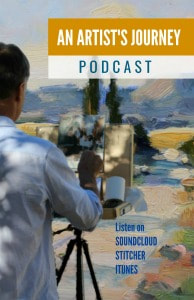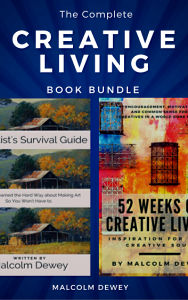|
Oil paints are a nightmare of muddy paint, ruined clothing and solvent induced illnesses. Some of which may even be fatal. If the beginner should escape the grim reaper then madness will stalk her until she sees reason. Like painting with watercolors for instance? That sounds much nicer. After all watercolors were the starting point for most of us in kindergarten. But is this really the best choice? Let us take a closer look at this dilemma. Watercolor is the Beginner's Medium. Or is it? The Return to Painting: Our frustrated artist has been working the nine-to-five life for years. Finally she decides that she must return to her love for painting. With some free time on her hands she remembers that her children have a few watercolor paints in the house. She finds them and a pad of watercolor paper plus a brush. Filled with excitement and determination she sits down to paint. But what to paint? Paint Something, Anything Our intrepid artist remembers seeing adorable pictures on Pinterest. Cute dogs, children at play and whimsical photos that would be a delight to paint. If you are an experienced painter you may know what is coming. Anyway our beginner artist sets up a reference on her laptop and starts painting. Watercolors Hate Me All too quickly the excitement of splashing washes of color on paper turns to confusion. Color runs into other colors. Cauliflowers appear all over the paper. Once pretty colors are turning grey and muddy. And the water keeps running all over the paper! Why is it doing this? she pleads. With a final yell she scrunches up the paper and throws it away. The final insult to her ego is that the adorable children in her reference photo look like blobs and ogres on her paper. Good grief she thinks. What has happened to her art skills over the years? Is this still for me? she wonders. Why Watercolors for Beginners? Okay this is a story, but it does have the ring of truth, as I used to say to the judge years ago. The thing is that watercolor sounds so benign. And yes we did use watercolors in our coloring in books. It was fun and easy. Then we progressed to poster paints. Premixed or in that awful powder format. But that was fine too. So why not watercolors now when you want to get back into painting? Watercolors are Safe But The Learning Curve, Oy! The big difference between proper watercolors and your school poster painting days is this. Watercolors are a transparent medium and you need to think backwards. Also in three dimensions to make them work. Unlike opaque mediums like acrylic paints or oils you start from the lightest values and get darker. Possibly your mood will darken too. To make colors darker you need to build up layers of color over existing color. Because the paint is transparent you need to know what happens when you paint violet, for example, over yellow. The combination may not be to your liking. But what if you want to go lighter? Oops, sorry you forgot to reserve the lights and have already painted over them. Of course there is no white paint to come to the rescue. Blast! To top it all you cannot grab the palette knife and scrape off the offending pigment. It has bonded with the paper and now the paper is coming off. In the bin it goes. But the Joy When the Painting Gods Smile on You Watercolor is a master's medium. There is no doubt that a light touch and deft skill can produce a lovely watercolor painting in no time at all. Less is more can be taken to the extreme with watercolors. But to achieve this insight does need a thorough understanding of composition, values, color and the materials themselves. Paper, pigment, brush and hand must all be familiar to the artist and work in harmony. There is only one way to get this knowledge and that is through study and practice. Keep things simple and learn the correct things. The materials can be as simple as a pan of twelve colors, a brush or two and basic watercolor paper. Not the expensive professional variety, but good student quality paper will suffice. Brushes I do want to pause here and say that a professional brush or two is worth the investment. Something like squirrel mop brushes in a size 6 and 12 will do just fine. They last forever, hold water brilliantly and will teach you how to paint the big shapes. Yet with enough detail in the fine points too. So get these if you intend to make watercolor your medium of choice. What About Oils Then? This article intends to help your decide on which medium to start with as a beginner. So far I have suggested that oils are a risk to life and sanity. But is this fair? Why you Should Try Oils My first attempt at oil painting was a revelation to me. It was like a spot light had lit up my canvas. The vibrancy of oils was blissful. The thick juicy brush strokes a childish joy. Spread oils on thin or thick. You can almost mold oils like butter. Globs, splodges and swirls. You can thin it too and even make it transparent. As a medium it has everything a painter can ask for. The Best Part About Oils? It is kind to beginners. Yes a ham-fisted painter can muddy up the oils and make a mess. True oils can cover your hands, face and clothes and leave you whimpering in frustration. But artist's oils are easy to clean up with soap and water. Even from your clothes if you act quickly. But more importantly you can scrape off the offending paint from your canvas with a palette knife. Then paint over the mistake and nobody will know. Master artists have enjoyed this perk of oil paints too. Even Leonardo da Vinci used to scrape off and paint over mistakes now and then. Or can we say he changed his mind? Oils made this simple. What about Solvents? This is a concern, but with a little common sense you need not worry about this. Try to use as little solvent based mediums as possible. If you do need a medium to loosen up thick paint try a little linseed oil or safflower oil. When it comes to brush cleaning use paper towel during your painting session. Use different brushes for lights and darks so as not to muddy up color. At the end of the day wash your brushes in kerosene or turps, but do this outside. Wear latex gloves when painting as an added precaution. You will get used to these steps very quickly. There are water based oils too. I am not familiar with them, but they are gaining popularity so try them out. This may be the answer for you. The Basics Make You Better You will gain nothing from comparing yourself to master painters. Remember that every master expended gallons of paint and miles of canvas. Plus years of problem solving to master the techniques. Then there is the experimentation to fuse character, emotion and materials together. The masters are still not done learning either. So instead of trying to paint like them and trying to develop a taste for absinthe try to focus on the basics. Learn the essentials of composition, value and color as I mentioned above. I can also suggest that you practice how to plan and start a painting. It is not the windows or roof that keeps the house secure. It is the foundation. Together with the quality of the cement that holds the bricks in place. Painting is also a craft. Master the craft and the art will follow. So practice starting your paintings and leave them incomplete. Once your start is strong and promising you will venture further into the middle stages. Then the difficult decision about when to stop. This one trips up experienced painters all the time let alone beginners. So make the start good. In time the rest will follow. How many starts? Aim for a hundred small paintings in a year. You can use panels or even primed matt board. This is practice and it makes your painting stronger for the future. Simple Materials Make for Decisive Painters A couple bristle brushes of good quality will do more for you than many poor quality ones. Size 6, 8 and a rigger for lines and signatures will do for a start. Clean them in kerosene (turps) at the end of the day and look after them. Paint can be good quality student paint. There is no point using expensive professional paint for learning the basics. The primary colors like red light, yellow lemon and ultramarine blue are essential. Together with Titanium white. Add cerulean blue and alizarin crimson too. You can paint practically anything with these and learn good mixing skills while you are about it. Teachers Can Help You will find excellent books in my resources section. Practice what these masters have to teach you and you will not look back. Courses are great too. I love to watch artists paint. But without practice these lessons will not help. Oils or Watercolors? In the end I must admit that oils are more forgiving for the beginner than watercolors. Plus I do believe that oils will reward beginners more when starting out. I do know that watercolors are sublime when executed well. But to teach beginners the basics of painting I will choose oils over watercolors every time. If that does not grab you then there is always acrylics. More on that next time. Do you agree? What is your favorite beginners medium? |
AuthorMalcolm Dewey: Artist. Country: South Africa Archives
June 2024
Categories
All
FREE
|
|

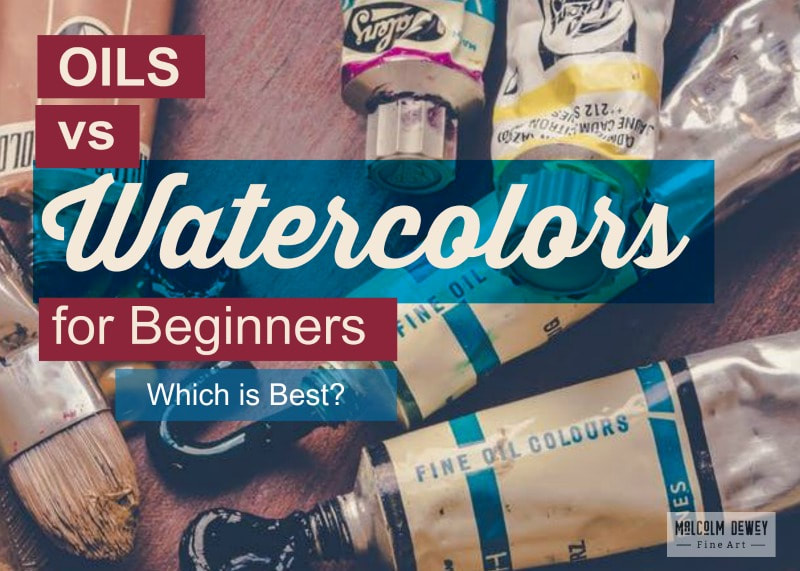

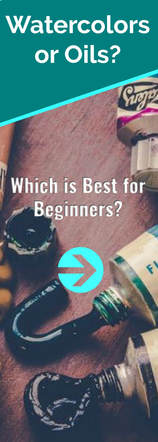
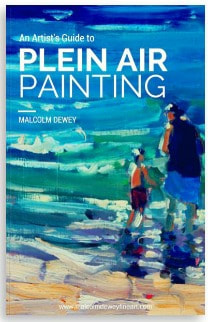
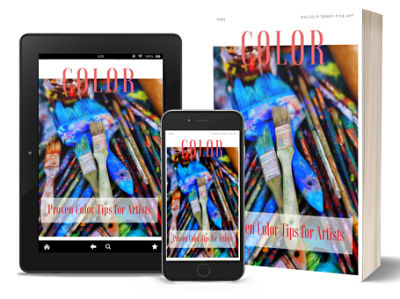
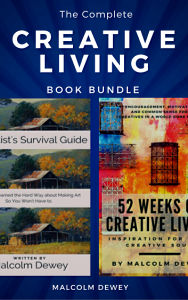
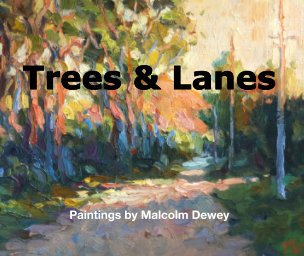


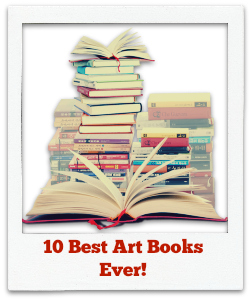
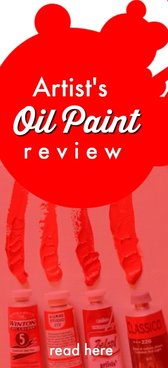
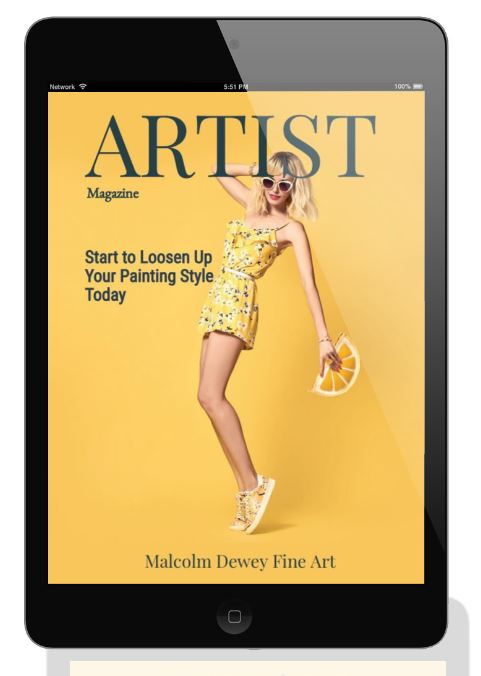
 RSS Feed
RSS Feed
